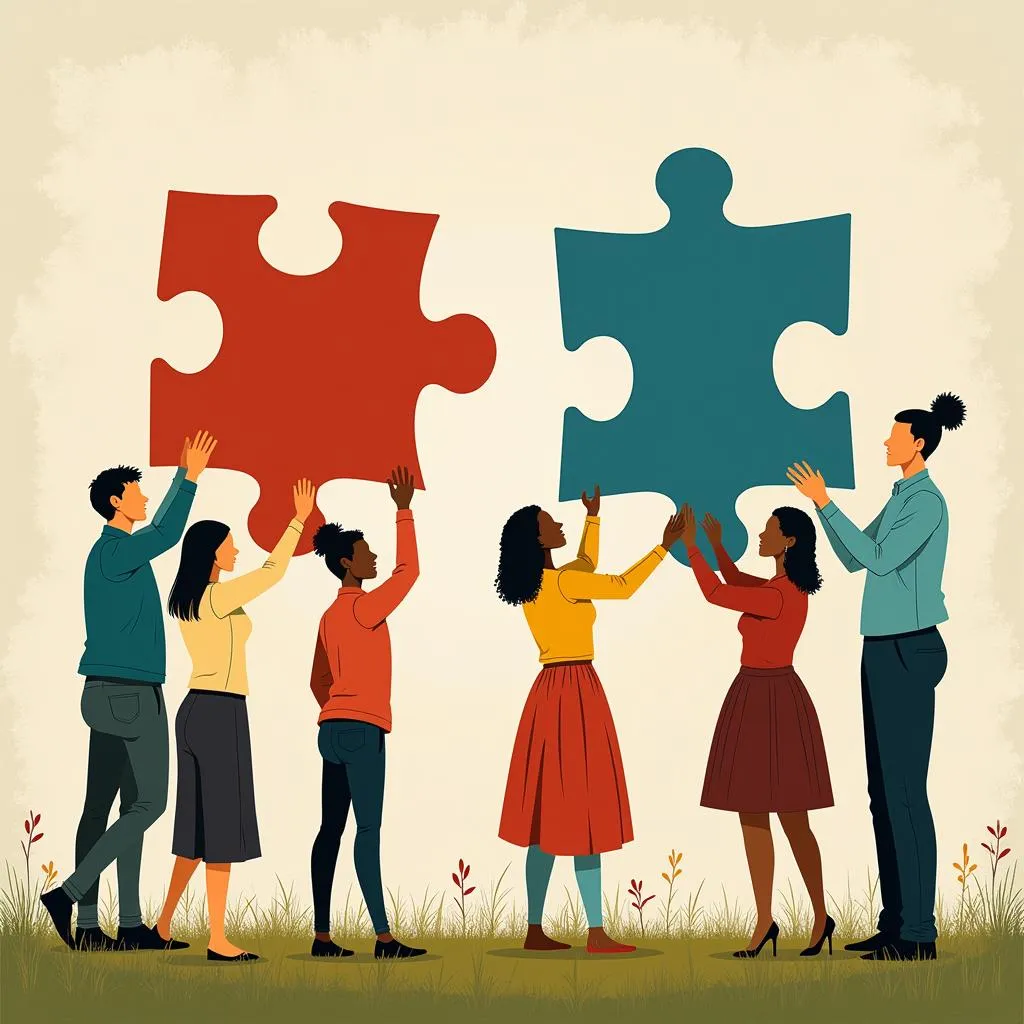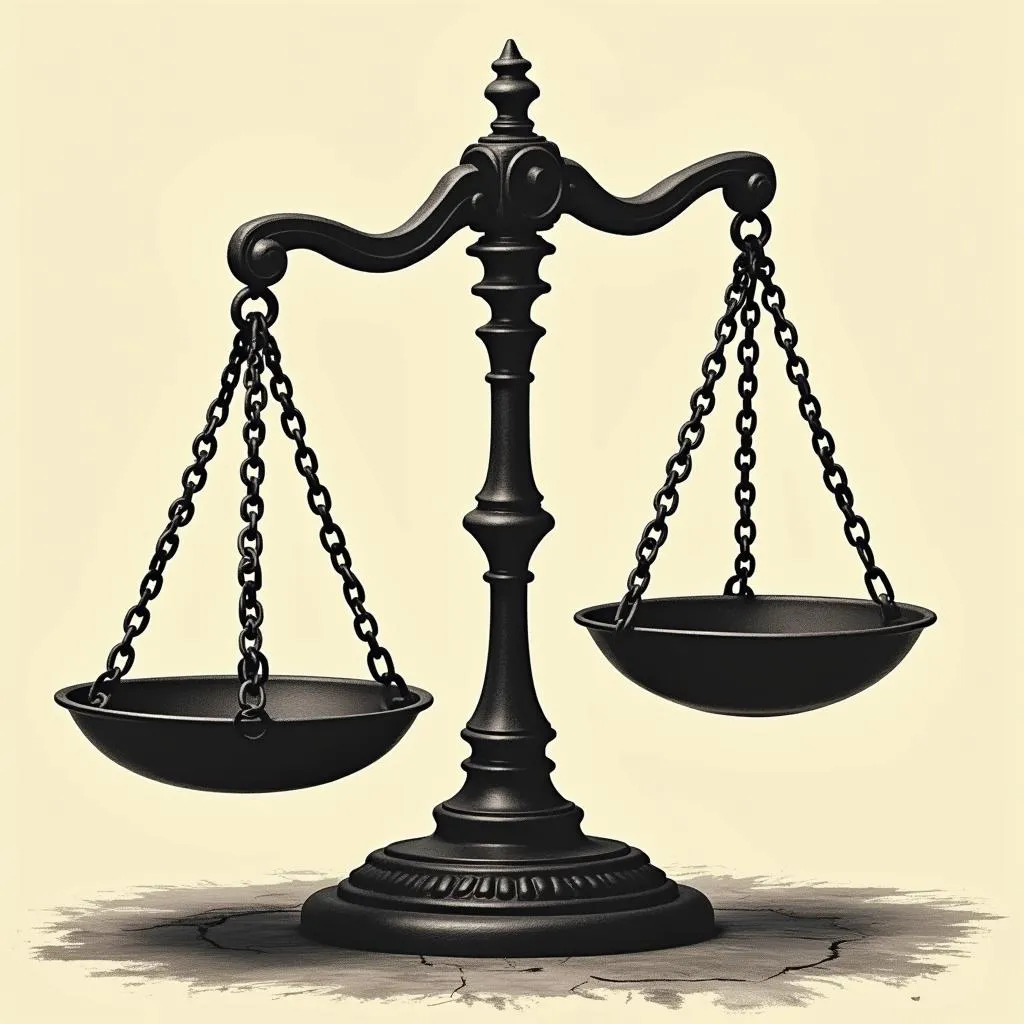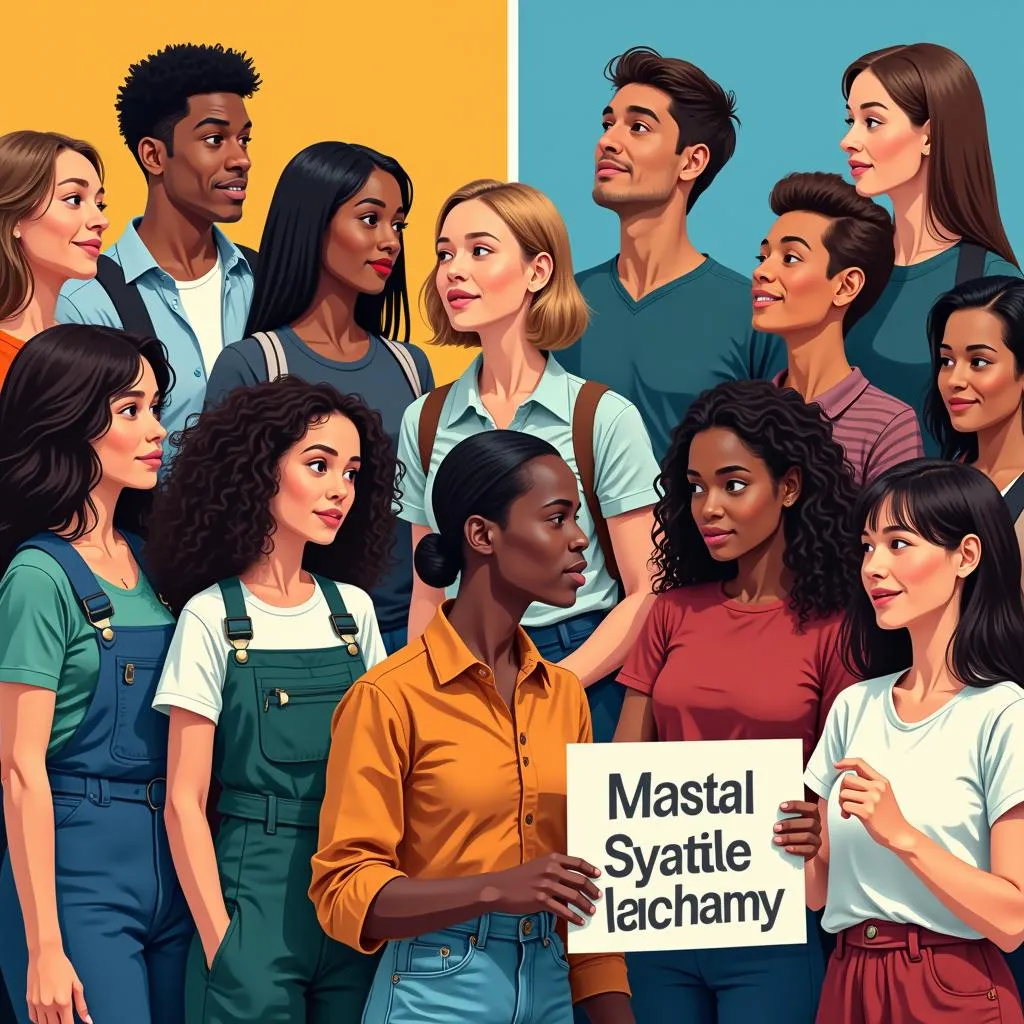In his seminal work, “Moral Man and Immoral Society,” Reinhold Niebuhr presents a stark and unsettling contrast between the moral capacity of individuals and the inherent immorality of social groups. Published in 1932, amidst the rise of totalitarian regimes and the devastating effects of the Great Depression, Niebuhr’s analysis remains strikingly relevant in today’s complex world. This exploration delves into the core arguments of “Moral Man and Immoral Society,” examining its implications for understanding the challenges of achieving a just and peaceful global society.
The Dualism of Morality: Individual vs. Collective
Niebuhr posits that individuals are capable of reason, empathy, and selflessness, allowing them to make moral judgments and act accordingly. He argues that within the sphere of personal relationships, individuals can demonstrate love, compassion, and a genuine concern for the well-being of others. However, when individuals coalesce into groups, be it nations, political parties, or social movements, a significant shift occurs.
 Group Dynamics and Morality
Group Dynamics and Morality
Niebuhr contends that collective entities are driven by self-interest, power dynamics, and a collective egoism that trumps individual morality. Groups tend to prioritize their own interests and goals above those of others, often resorting to coercion, violence, and injustice to achieve their aims. This disparity between individual and collective morality forms the crux of Niebuhr’s argument.
The Limits of Reason and the Persistence of Power
“Moral Man and Immoral Society” challenges the Enlightenment belief in the power of reason to guide human affairs, particularly in the political realm. Niebuhr argues that reason, while essential for individual moral development, proves insufficient in addressing the complexities of group behavior. He contends that collective self-interest often distorts rational discourse, making it a tool for justifying rather than resolving conflicts.
 Power Dynamics and Social Justice
Power Dynamics and Social Justice
Instead of reason, Niebuhr emphasizes the pervasive influence of power dynamics in shaping social and political realities. He argues that groups with power will inevitably seek to maintain and expand their influence, often at the expense of less powerful groups. This struggle for power, according to Niebuhr, is an inherent feature of social life, making conflict and injustice recurring themes throughout history.
The Role of Love and the Necessity of Justice
Despite his pessimistic assessment of human nature in the collective sphere, Niebuhr does not abandon the possibility of progress toward a more just and peaceful world. He suggests that while love and compassion might be the guiding principles for individual morality, justice becomes the paramount virtue in the social and political realms.
For Niebuhr, justice represents a pragmatic approach to mitigating the negative consequences of collective egoism. It requires establishing systems, laws, and institutions that restrain the excesses of power, protect the vulnerable, and promote a more equitable distribution of resources.
 Social Justice Advocacy and Activism
Social Justice Advocacy and Activism
While acknowledging the limitations of human nature, Niebuhr’s “Moral Man and Immoral Society” serves as a call to action, urging individuals to recognize the complexities of power and the need for continuous efforts to create a more just and humane world. By understanding the inherent tension between individual morality and collective behavior, we can better navigate the challenges of building a more peaceful and equitable global society.